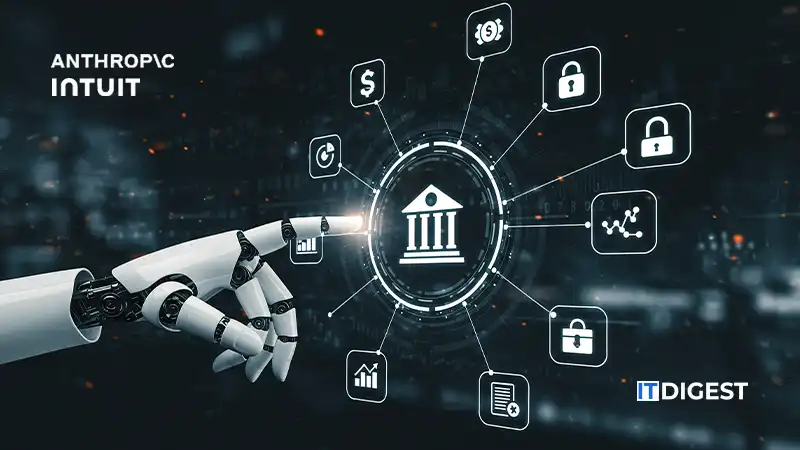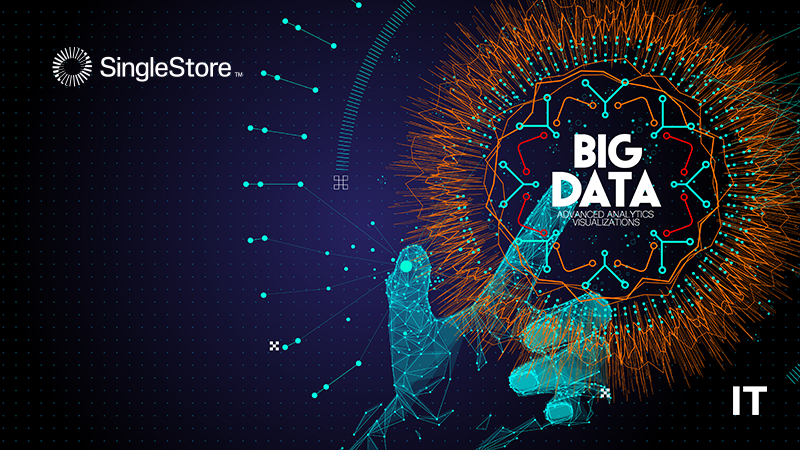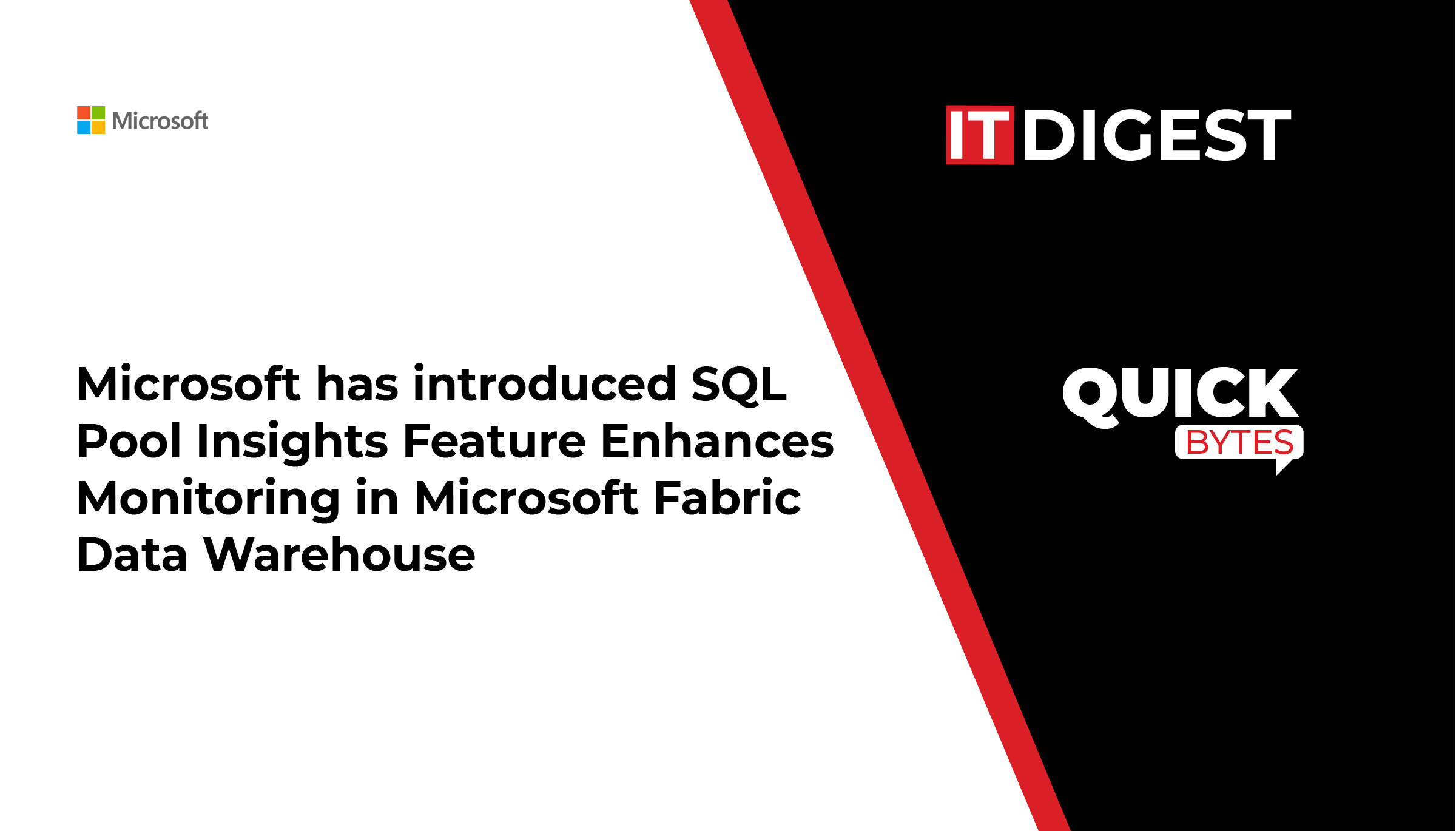SingleStore, the real-time data platform for you to transact, analyze and contextualize, announced a bi-directional integration with Apache Iceberg that opens up a world of opportunities for building intelligent applications on data lakehouses. This integration addresses the critical challenge faced by enterprises where an estimated 90% of data remains “frozen” in lakehouses and is unusable for powering interactive applications, analytics or AI.
Apache Iceberg is the de facto standard for data lakes for storing massive datasets, offering cost efficiency for querying large-scale datasets. However, enterprises struggle to leverage this data due to complex, costly processes required to ‘thaw’ it, including extensive ETL workflows and compute-intensive Spark jobs.
SingleStore’s new integration is intended to solve precisely that, providing low-latency ingestion, bi-directional data flow and real-time application performance at lower costs for modern intelligent applications and analytics. This offering is available in public preview today and customers will soon be able to create external tables in SingleStore based on Iceberg data, build projections on these tables and take advantage of the speed and performance of SingleStore on frozen data.
SingleStore’s customers, many of whom use Apache Iceberg for their data lakes and commercial lakehouses, have expressed a strong interest in a solution that enables fast interactive applications and low-latency analytics using their vast, untapped Iceberg data.
“Our vision has always been to provide one single data store for all companies to be able to take advantage of speed, scale and simplicity,” said Raj Verma, CEO, SingleStore. “Our data platform is designed to unlock all types of enterprise data — including data that is frozen in data lakes — to enable our customers to build modern intelligent apps. With this release, we believe we are enabling a significant portion of the market that today cannot build real-time modern applications on data stored in data lakes.”
SOURCE: Businesswire

































